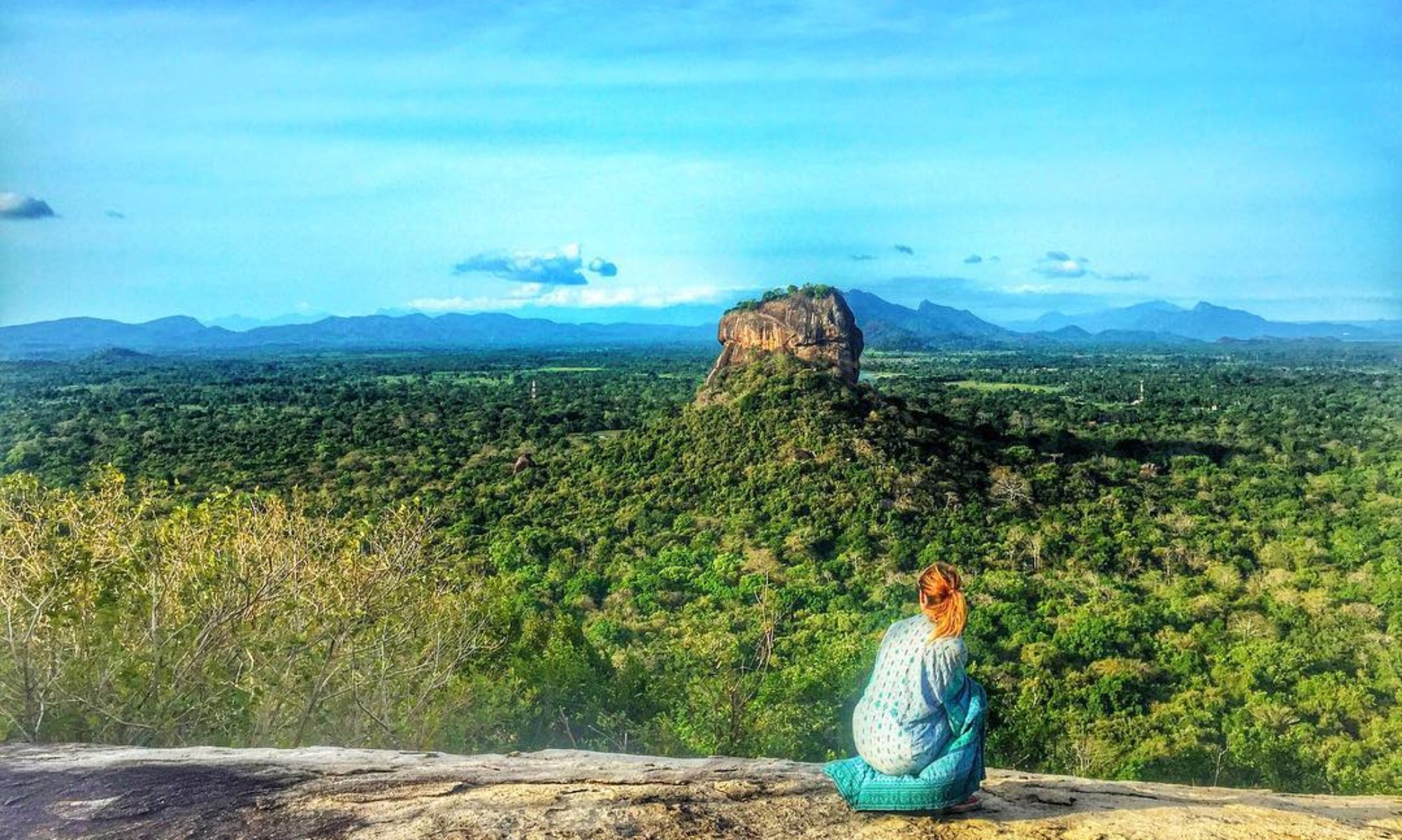Discover the diverse and deeply rooted Sri Lanka Religion traditions. From ancient Buddhist temples to vibrant Hindu festivals, the island’s spiritual landscape reflects its rich cultural heritage and harmonious coexistence of multiple faiths.
Here You Can Learn:
- Buddhism in Sri Lanka
- Hinduism in Sri Lanka
- Christianity in Sri Lanka
- Sweet Endings and Refreshing Treats
Let Us Organize Your Holiday Tour in Sri Lanka!!
Luxury Tours – Beach Holidays- Private Family Vacations
Buddhism in Sri Lanka Religions
Buddhism, introduced to Sri Lanka in the 3rd century BCE, is the predominant religion practiced by the majority of Sri Lankans.
The island is home to numerous sacred Buddhist sites, including the Temple of the Sacred Tooth Relic in Kandy, which houses a revered relic of the Buddha.
Pilgrims and tourists alike visit this temple to pay their respects and witness elaborate rituals and ceremonies. The ancient city of Anuradhapura, a UNESCO World Heritage site, features towering stupas and ancient monasteries that offer a glimpse into the island’s Buddhist history.
Each year, the Esala Perahera festival in Kandy celebrates the Tooth Relic with grand processions, traditional dances, and cultural performances, drawing thousands of devotees and visitors from around the world.
Hinduism in Sri Lanka Religions
Hinduism has a significant presence in Sri Lanka, particularly among the Tamil population in the Northern and Eastern provinces.
Hindu temples, known for their intricate architecture and vibrant festivals, are prominent throughout the island.
The Nallur Kandaswamy Kovil in Jaffna is one of the most important Hindu temples, attracting devotees with its annual Nallur Festival, which features colorful processions, traditional music, and dance.
Hindu practices and rituals, deeply rooted in ancient traditions, are observed with devotion and reverence.
The influence of Hinduism extends beyond temples, with various Hindu deities and symbols found in everyday Sri Lankan life, reflecting the deep integration of this faith into the island’s cultural fabric.
Christianity in Sri Lanka Religions
Christianity, introduced by Portuguese colonizers in the 16th century, has a diverse following in Sri Lanka, comprising Roman Catholics, Protestants, and other Christian denominations.
Historic churches, such as St. Anthony’s Shrine in Colombo and the Basilica of Our Lady of Lanka in Tewatta, serve as important religious and cultural landmarks.
Christianity’s influence is evident in the celebration of Christmas and Easter, which are marked by special church services, feasts, and festive activities.
The legacy of missionary education has left a lasting impact on the island, with many renowned schools and colleges founded by Christian missionaries.
This religious diversity contributes to the rich tapestry of Sri Lankan society, where different faiths coexist peacefully.
Islam in Sri Lanka
Islam arrived in Sri Lanka with Arab traders as early as the 7th century and has since become an integral part of the island’s religious landscape.
The Muslim community, primarily concentrated in the Eastern province, adheres to Sunni traditions. Notable mosques, such as the Jami Ul-Alfar Mosque in Colombo, known for its striking red and white architecture, and the Ketchimalai Mosque in Beruwala, one of the oldest mosques in Sri Lanka, serve as important centers for worship and community gatherings.
Islamic festivals, including Ramadan and Eid, are celebrated with communal prayers, feasts, and acts of charity, reflecting the faith’s emphasis on community and generosity. The Muslim influence is also visible in Sri Lankan cuisine, with dishes like biryani and samosas being popular across the island. This diversity enriches Sri Lankan culture, contributing to a vibrant and inclusive society where various religions flourish side by side.
Let Us Organize Your Holiday Tour in Sri Lanka!!
Honeymoon Tours – Beach Tours – Private ToursMobile: +94777854022
Email: info@srilankatravelandtourism.com
